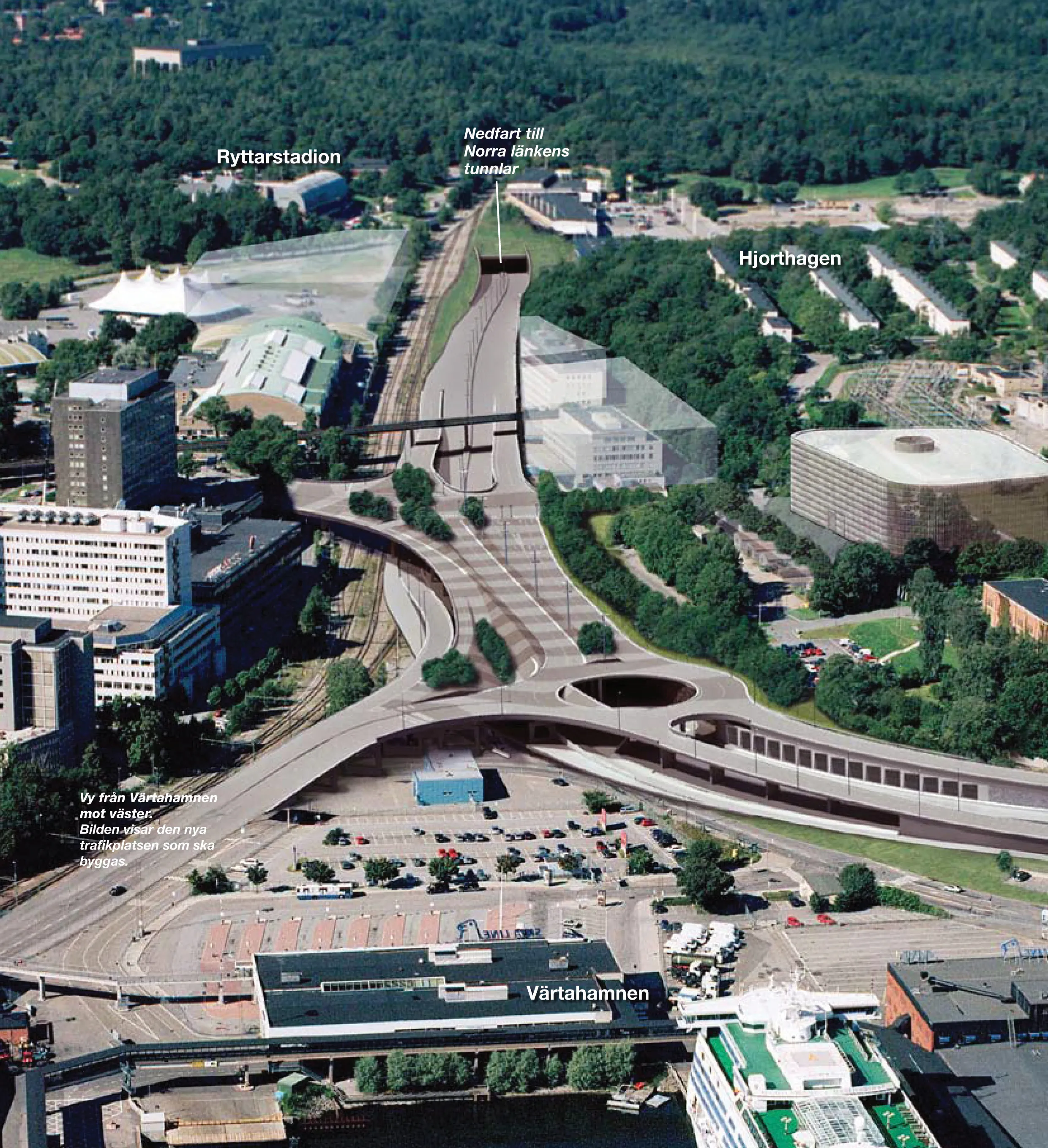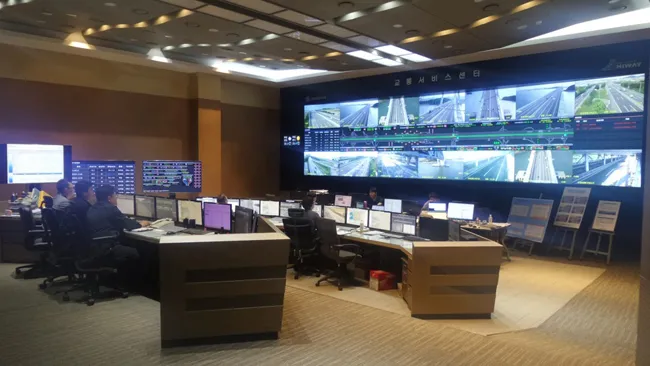It's all smiles at Swarco's stand at Gulf Traffic which opened today because the company has announced it has been awarded the second phase of the Automated Traffic Administering & Monitoring (ATAM) project, a Saudi Arabian programme for the cities of Riyadh and Qaseem.
April 25, 2012
Read time: 2 mins
It’s all smiles at 337 Swarco’s stand at 224 Gulf Traffic which opened today because the company has announced it has been awarded the second phase of the Automated Traffic Administering & Monitoring (ATAM) project, a Saudi Arabian programme for the cities of Riyadh and Qaseem. This complex, internationally tendered project focuses on intelligent traffic management and, with a project volume of some US$40 million, is one of the largest contracts ever won by Swarco. The ATAM is the first large-scale integrated traffic management project in the Kingdom of Saudi Arabia.
“In the course of the next 18 months the two cities will each receive a new integrated control centre to improve traffic flow and detect incidents at a total of 170 adaptively controlled intersections,” says Daniel Meier, head of Swarco AG's project office at the company’s headquarters in Wattens, Austria.
Integrated central system software, traffic controllers, LED traffic signals, LED variable message signs, CCTV video surveillance and licence plate recognition equipment are all part of the order which involves the products and expertise of several Swarco companies in Austria, Italy, Romania, Denmark and Saudi Arabia.
Riyadh-based customer Al Masaar is currently constructing a new command and control centre building to house the OMNIA central and integration platform supplied by Swarco. OMNIA’s open architecture means that any ITS application (urban traffic control, public transport, parking, streetlights, VMS, etc) can be integrated within the platform, independently of the supplier or technology. It enables any city or region to build its own ‘made to measure’ ITS environment and new ITS applications can be added when required and also to modify the services associated with existing applications.
As Daniel Meier points out, OMNIA is a strategic investment for both the present and the future. “Its effectiveness in managing ITS applications brings immediate returns as well as long term benefits due to the support it gives in strategic planning. The ease of extending the platform to include new applications represents an advantage and ensures savings whenever legacy systems and new technologies have to be integrated,” Meier said.
“In the course of the next 18 months the two cities will each receive a new integrated control centre to improve traffic flow and detect incidents at a total of 170 adaptively controlled intersections,” says Daniel Meier, head of Swarco AG's project office at the company’s headquarters in Wattens, Austria.
Integrated central system software, traffic controllers, LED traffic signals, LED variable message signs, CCTV video surveillance and licence plate recognition equipment are all part of the order which involves the products and expertise of several Swarco companies in Austria, Italy, Romania, Denmark and Saudi Arabia.
Riyadh-based customer Al Masaar is currently constructing a new command and control centre building to house the OMNIA central and integration platform supplied by Swarco. OMNIA’s open architecture means that any ITS application (urban traffic control, public transport, parking, streetlights, VMS, etc) can be integrated within the platform, independently of the supplier or technology. It enables any city or region to build its own ‘made to measure’ ITS environment and new ITS applications can be added when required and also to modify the services associated with existing applications.
As Daniel Meier points out, OMNIA is a strategic investment for both the present and the future. “Its effectiveness in managing ITS applications brings immediate returns as well as long term benefits due to the support it gives in strategic planning. The ease of extending the platform to include new applications represents an advantage and ensures savings whenever legacy systems and new technologies have to be integrated,” Meier said.








